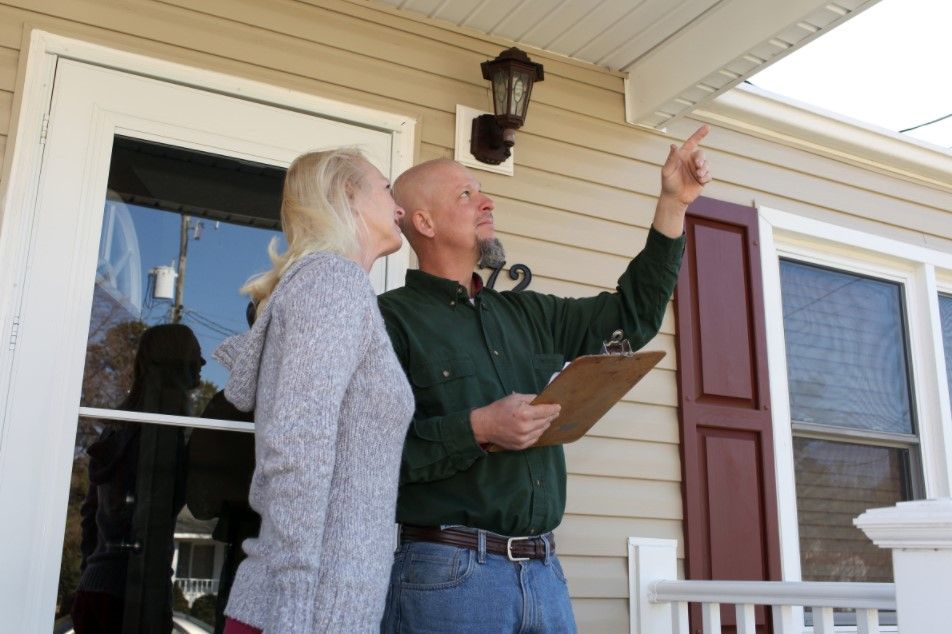The Rise of Fractional Homeownership: A Game-Changer or a Gimmick?
In today’s high-priced housing market, many would-be buyers are looking for creative ways to break in — or invest — without shouldering the full cost of a property.

When purchasing a home, the sales contract allows a specific number of days for you to have various home inspections performed. It typically varies between five and ten business days. Wanting to ensure you aren't buying a "lemon" of a home, the inspectors will look for major defects and safety hazards in the home. If any issues are found, it can affect the home value.
Whole House Inspection
The first inspection you should have performed is a whole house inspection. This should be done by a professional, licensed and insured home inspector. The inspector will go through the home from top to bottom. Many inspectors start with the roof and the exterior of the home. They inspect the windows and doors. On the interior they inspect the plumbing and electrical systems. They run the appliances to make sure they are in working order. They inspect the major mechanicals such as the furnace, air conditioner, hot water heater and the like.
Radon Inspection
It is especially important to test the home you are buying for radon. It is a cancer-causing gas that is found underground and easily permeates the house. According to the United States Environmental Protection Agency, radon causes thousands of cancer deaths in the United States each year. The acceptable level of radon is 4.0 picocuries per liter (pCi/L.) Radon levels below the 4.0pCi/L may still pose a risk.
Mold Inspection
A mold inspection is one to seriously consider. Mold can cause many health issues ranging from allergy symptoms to very severe illnesses and even death. A mold inspector will look for and test for moisture and the possible presence of mold in hard-to-see places such as attics, inside walls, basements and more.
Sewer Inspection
Real estate professionals are now recommending their buyers ask for a sewer inspection. Sewer problems can cost many thousands of dollars to repair. Sometimes sewer problems are covered by homeowner's insurance and depending on the cause, sometimes they are not. A buyer of mine recently had a sewer inspection where the sewer company placed a camera down into the sewer cleanout and moved it all the way out to the city sewer line. The video showed tree roots growing into the sewer pipe. Another section of the sewer pipe had fallen and there were cracks in it. The buyer negotiated with the seller to have it repaired, which saved the buyer thousands of dollars. It also saved the buyer from having sewage water back up into their home and potentially ruin carpeting, flooring, drywall, furniture and more.
Pest Inspection
Many home buyers will have a pest inspection performed. The inspector will look for wood-boring inspects or signs of these insects, such as termites. They also look for critters such as mice and squirrels that may be taking up residence in a home.
Lead-Based Paint Inspection
If the house you are buying was built in 1978 or prior, it should be inspected for lead-based paint. It is very toxic and can cause many health problems.
After the various home inspections are performed, you will have the option to renegotiate with the seller. You want to make sure the home value you are paying is the true value of the house. You will be able to negotiate the major defects and safety hazards with the seller and can ask the seller to repair the issues. If any appliances or components in the home are beyond repair, you can ask the seller to replace them. Another option is requesting that the seller give you a monetary credit at closing. Most lenders will need the credits to be in the form of closing cost credits.